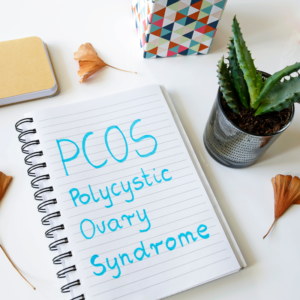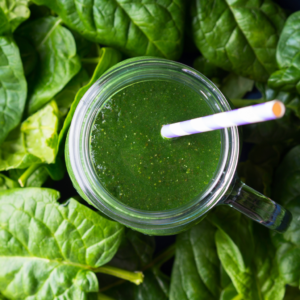The Role Of Nutrition In Managing Menopause Symptoms
It’s no secret that women experience a unique set of physical, mental, and emotional changes during menopause. While hormone replacement therapy (HRT) is one way to manage the symptoms associated with menopause, there is another option—nutrition. Eating right during menopause can make a big difference in how you feel and can help manage many of the common symptoms. Let’s take a look at how nutrition plays an important role in managing menopause symptoms.
The Link Between Nutrition and Menopause Symptoms
Studies have found that certain nutrients are essential for managing hot flashes and other menopausal symptoms.
Omega-3 fatty acids, such as those found in fish oil, have been studied extensively and are believed to reduce the intensity and frequency of hot flashes and night sweats by decreasing inflammation throughout the body. This effect is thought to be due to their ability to raise levels of prostaglandins, which are hormones that act as messengers between cells and play a role in regulating body temperature. Vitamin D has also been linked with a decrease in menopausal symptoms due to its ability to regulate hormone production. Magnesium is important for managing menopausal symptoms because it helps ease stress, fatigue, cramping, and mood swings associated with fluctuating hormones during this time. Calcium can help maintain bone density during menopause by providing essential minerals needed for strong bones. Research suggests that women going through menopause should increase their intake of calcium-rich foods such as dairy products, leafy green vegetables, and fortified cereals. Finally, soy products have been shown to provide relief from hot flashes due to their naturally occurring plant estrogens that mimic the effects of estrogen produced in the body prior to menopause.
What You Should Be Eating During Menopause
During menopause it’s important to focus on eating nutrient-rich foods that are high in fiber, antioxidants, vitamins, minerals, and healthy fats such as omega-3 fatty acids. Foods like fruits and vegetables should be incorporated into your diet as much as possible—especially those that are dark green or brightly colored like spinach, kale, carrots, sweet potatoes, berries, apples, oranges etc. Other foods that can help manage menopausal symptoms include whole grains such as quinoa or oatmeal; lean proteins like fish or chicken; nuts; legumes; and low-fat dairy products like yogurt or milk. In addition to eating healthy foods you should also limit processed foods high in fat and sugar as well as caffeine intake which can trigger hot flashes.
Staying Hydrated During Menopause
Staying hydrated throughout the day not only helps to reduce the severity of hot flashes, but it has a plethora of other health benefits. Drinking water or herbal tea can help your body maintain its proper electrolyte balance, as well as keep your tissues hydrated and healthy. It also helps regulate your body temperature and digestion, which can help to alleviate some of the symptoms associated with hot flashes. Additionally, water and herbal teas can help flush out toxins from your system that may be contributing to inflammation. It’s important for women going through menopause to drink at least 8-10 glasses of fluids a day in order to experience optimal health benefits, such as improved skin elasticity and fewer headaches. If you’re looking for more than just plain water, there are many great options available like adding lemon or honey for natural flavorings or a pinch of sea salt for electrolytes.
Eating right during menopause is essential for managing many of its associated symptoms including hot flashes and night sweats. It’s important to get enough nutrients from healthy sources such as fruits and vegetables while limiting processed foods high in fat and sugar as well as caffeine intake which can trigger hot flashes. Additionally staying hydrated with 8-10 glasses of water daily will help flush out toxins from your system reducing inflammation throughout your body which may also help reduce hot flashes too! Remember that proper nutrition goes hand-in-hand with HRT when managing your menopausal symptoms so don’t forget to ask your doctor about any dietary changes you might need to make if you’re currently on HRT! Taking care of yourself during this time period is key so make sure you’re doing all you can do maintain good health now & beyond!







